Hydraulic hose alias hydraulic tubing, hydraulic hose, high pressure hose, hydraulic pipe, steel wire high pressure pipe, steel wire braided hose steel wire winding hose, generally divided into steel wire braided hydraulic hose and steel wire winding hydraulic hose.
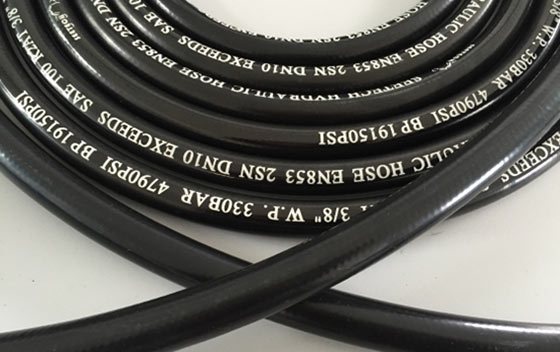
Hydraulic hose is mainly composed of a liquid-resistant inner rubber layer, a medium rubber layer, a 2 or 4 or 6 layers of steel wire winding reinforcement layer, an outer rubber layer, the inner rubber layer has the effect of making the conveying medium withstand pressure and protecting the steel wire from erosion, the outer rubber layer protects the steel wire from damage, and the steel wire layer is a skeleton material that plays an enhancing role.
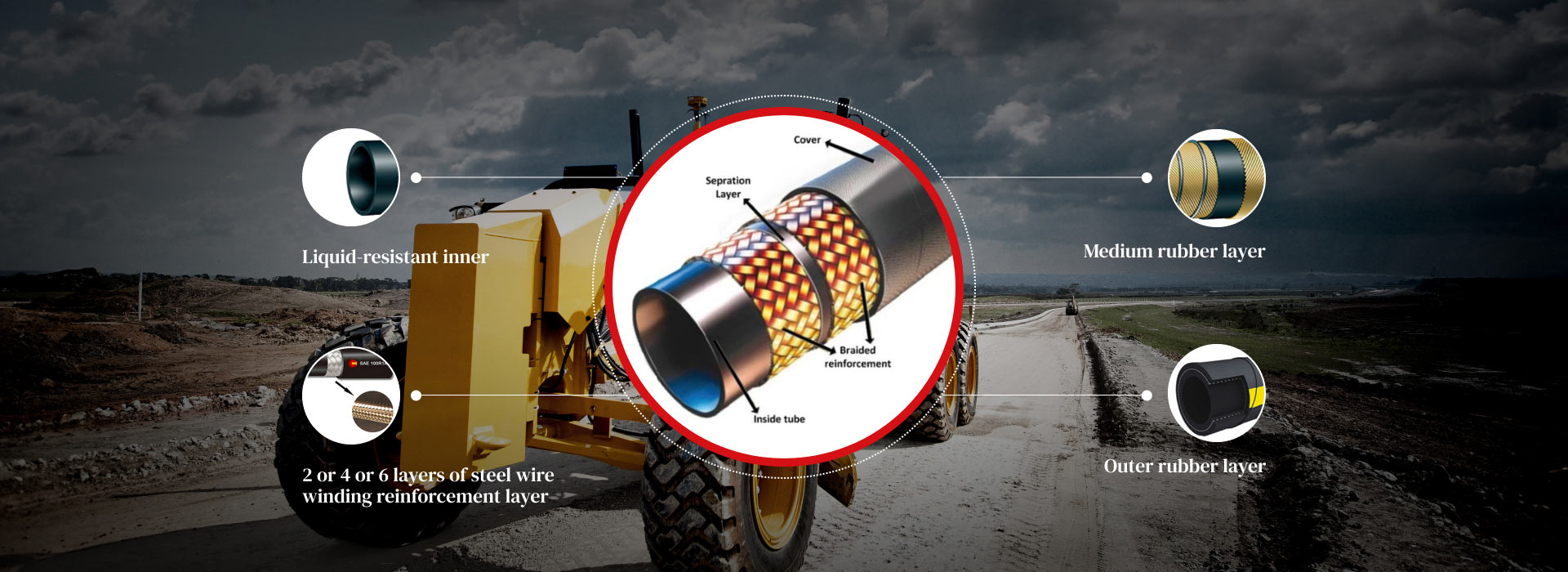
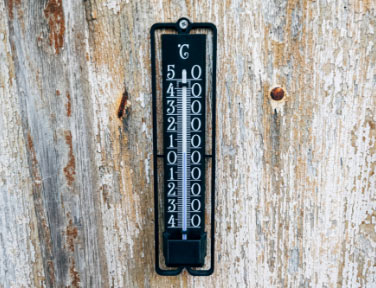
oil -40 degrees to 100 degrees;
Air - 30 degrees to 50 degrees;
Water - 0 degrees to 80 degrees.
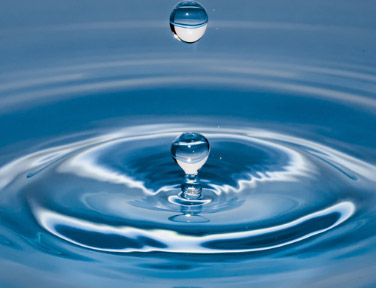
Hydraulic power transmission or transportation of water, gas, oil and other high-pressure media to ensure the circulation of liquids and transfer liquid energy.
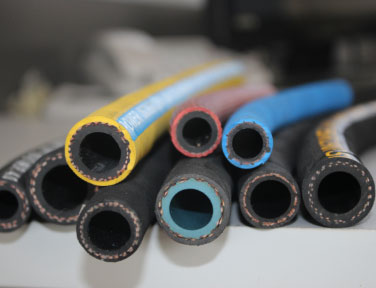
Standards commonly used in domestic and foreign trade of hydraulic hoses include DIN, SAE, ISO and GB/T standards;
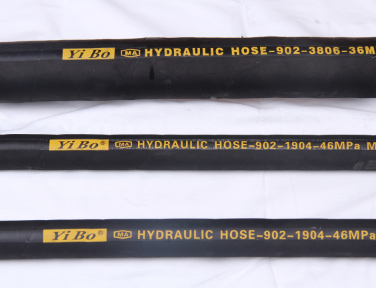
DIN EN 853, SAE J517, GB/T 3683, ISO1436;
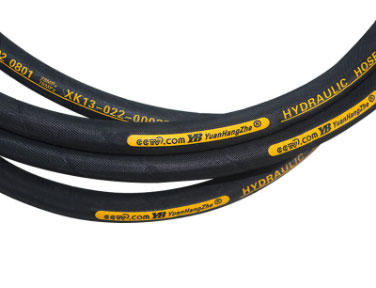
DIN EN 856, SAE J517, GB/T 10544, ISO18752.
Products are mainly used in construction machinery, mine hydraulic support, oilfield exploitation, construction, lifting and transportation, metallurgical forging, mining equipment, ships, injection molding machinery, agricultural machinery, various machine tools and mechanization of various industrial sectors, automated hydraulic systems to transport petroleum-based (such as mineral oil, soluble oil, hydraulic oil, fuel oil, lubricating oil) and water-based liquids (such as emulsions, Oil-water emulsion, water) and other liquid transmission, the maximum working pressure can reach 60MPa.
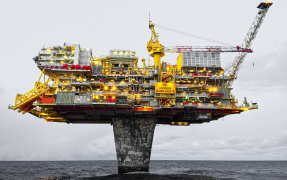
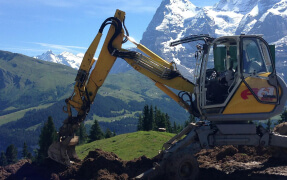
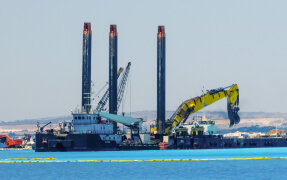
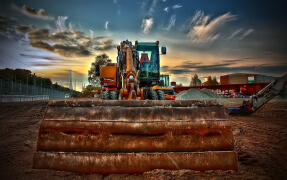
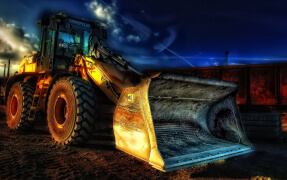
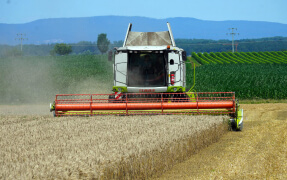
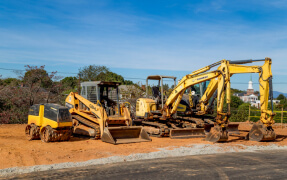
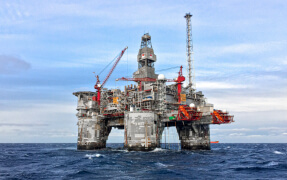
First
Inner diameter of the pipe: the inner diameter of the hose.
Second
The following matters should be paid attention to in the use and design of the hose:
1.The bending radius of the hose should not be too small, and generally should not be less than the value specified in the “Technical Characteristics of Hydraulic Hose Assembly”. There should be a straight section at the junction of the hose assembly and the fitting, and the length of this segment should not be less than twice the outer diameter of the pipe.
2.The length of the hose assembly should take into account that after the hose is introduced into the pressure oil, the length will shrink and deform, and the general shrinkage amount is 3 to 4% of the tube length. Therefore, when the hose assembly is installed, it is not allowed to be in a tensioned state.
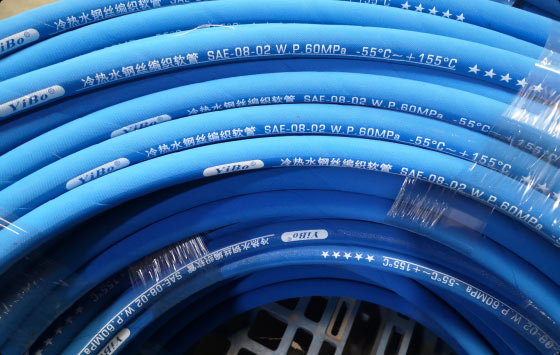
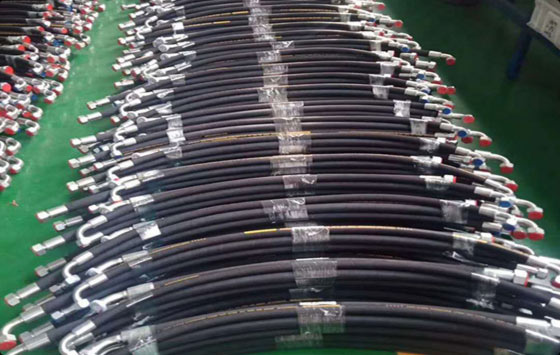
3.The hose assembly should be installed to ensure that there is no torsional deformation. The joint axis of the hose should be placed in the plane of motion as much as possible to avoid damage to the hose when the two ends move against each other.
4.The hose should avoid contact and friction with the sharp corners of the machinery to avoid damage to the tube.
Third
Safety measures: In order to ensure the safe and reliable use of hose assemblies, the following matters pay special attention.
1.pressure: the hose specified working pressure is usually not less than the maximum system pressure, only in the case of infrequent use, it is allowed to increase by 20%; For those who use it frequently and bend frequently, it should be reduced by 40%. If the impact pressure of the system is higher than the specified working pressure of the hose, it will not only reduce the service life of the hydraulic hose, but also lead to personal equipment accidents.
2.temperature: fluid temperature and ambient temperature, whether stable or instantaneous, shall not exceed the temperature limit of the hose, the temperature is lower than or higher than the recommended temperature of the hose, can reduce the performance of the hose, causing damage to the hose, thereby causing leakage.
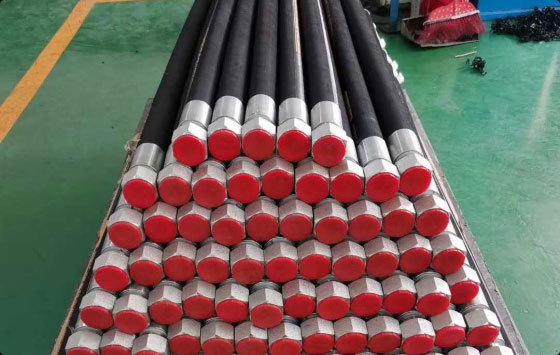
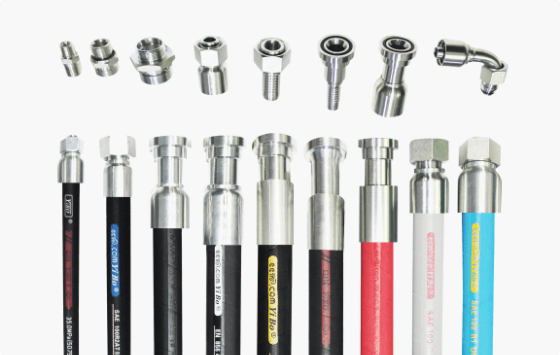
3.Fluid compatibility: The fluid in the hose should comply with the provisions made in the “use” in the product sample, and the use beyond the regulations cannot guarantee the service life and safety of the pipe.
4.the appropriate end connection: due to the nut
When matching hydraulic hose fittings with other equipment, ensuring the sealing between hydraulic hose and hose is the most critical step, let’s take a brief look at it:
1.Ferrule connection - Pressure range: 250 – 800 Bar; Applicable steel pipe size range: 4 – 42 mm;Applicable materials: carbon steel and stainless steel.
The tubing fitting consists of three parts: the fitting body, the fitting sleeve, and the nut. When the ferrule and nut sleeve are inserted into the joint body on the steel pipe, when the nut is tightened, the outer side of the front end of the jacket fits into the taper of the joint body, and the inner edge evenly bites into the seamless steel pipe to form an effective seal.
Advantages
Widely used and mature; Relatively low prices of parts; No special machines are required.
Disadvantages
Only suitable for pipe connections below 42mm; Not suitable for thin-walled tubes; Installation requires a large installation space and torque; Not suitable for high safety requirements; Cannot be used in conditions with strong vibrations, shocks and pulses.
2.JIC37 degree joint connection - pressure range: 420 Bar (250 Bar, 100 Bar); Applicable steel pipe size range: 6 – 38 mm; Applicable materials: carbon steel, stainless steel, brass, copper alloy, etc.
The JIC37 degree joint connection consists of three parts: the joint body, the bushing, and the nut. When the bushing and nut are inserted into the steel pipe, the flaring device is used to flare the pipe end of the steel pipe, and then the joint body is tightened with the nut, and the rigid seal and O-ring are sealed by the cone contact surface.
Advantages
widely used and mature; Wide range of applicable materials; Simple and convenient installation; Repeatable disassembly.
Disadvantages
Only suitable for pipe connection below 38mm; Low nominal pressure (except for DNV standards); Not suitable for thick-walled tubes; The rear end of the flaring device is required to form.
3.Walform - Pressure range: 250 – 800 Bar; Applicable steel pipe size range: 4 – 42 mm; Applicable materials: carbon steel, stainless steel, copper alloy, etc.
Walform connection is an alternative connection method for ferrule connector connections. After the coupling is inserted into the steel pipe, the forming equipment is used to automatically extrude the pipe end of the steel pipe, and after the sealing ring is loaded, the joint body and the nut are tightened, and the rigid seal and sealing ring are sealed by the joint body and the forming surface.
Advantages
low torque and safe installation; The production process is fast and simple; Technologically advanced and leak-free; Repeatable disassembly.
Disadvantages
Only suitable for pipe connections below 42mm; The end of the molding equipment is required to be formed.
4.Socket welded connection - Pressure range: 420 Bar (small pipe diameter only); Applicable steel pipe size range: 6 – 150 mm; Applicable materials: carbon steel and stainless steel.
The pluggable weld connection is a pipe extended into the valve body for welding, and after molding, it is similar to the shape of the internal thread connection.
Advantages
wide range of applications; Low part prices; Technologically advanced and leak-free; It is a simple connection method for low-voltage systems.
Disadvantages
requires skilled welding workers; Welding equipment, good ventilation environment and fire protection measures are required; Requires special cleaning and anti-corrosion treatment; It can lead to environmental pollution.
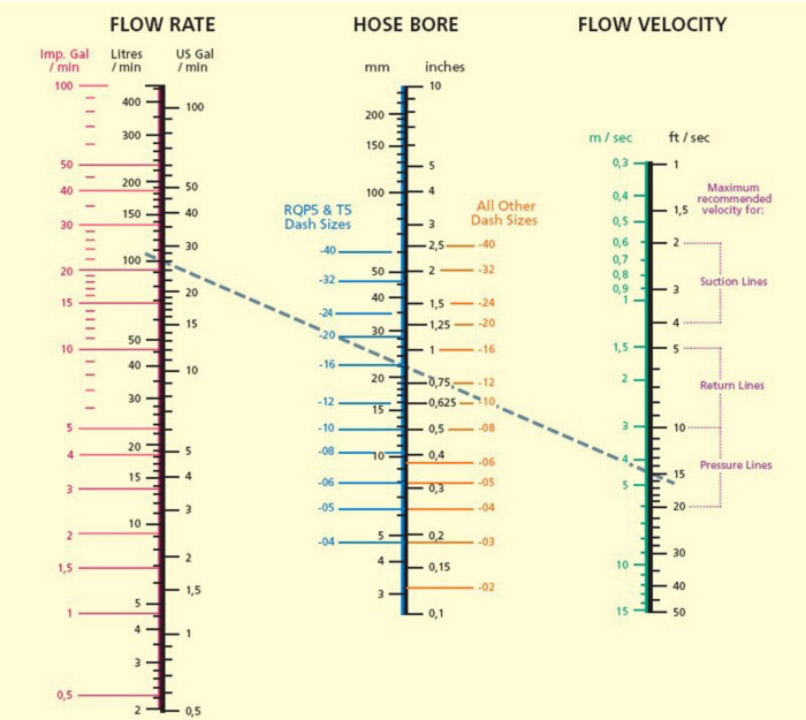
Certification
Hydraulic rubber hoses are getting popular in conveying hydraulic fluids with pressure for their great flexibility, affordability and durability. General speaking, a hydraulic hose consists at least three
Hydraulic hose assembly: It is made of high-pressure steel wire braided or spiral hose and steel fittings that are crimped by special equipment.
What can we help you with?
Feel safe and free to fill in the form! We do not sell, trade or transfer your personally identifiable information to any external parties.
Contact Us
No.11 Yangshan Road,Shaoling District,Luohe City,China
+86-3953287955
Submit Request